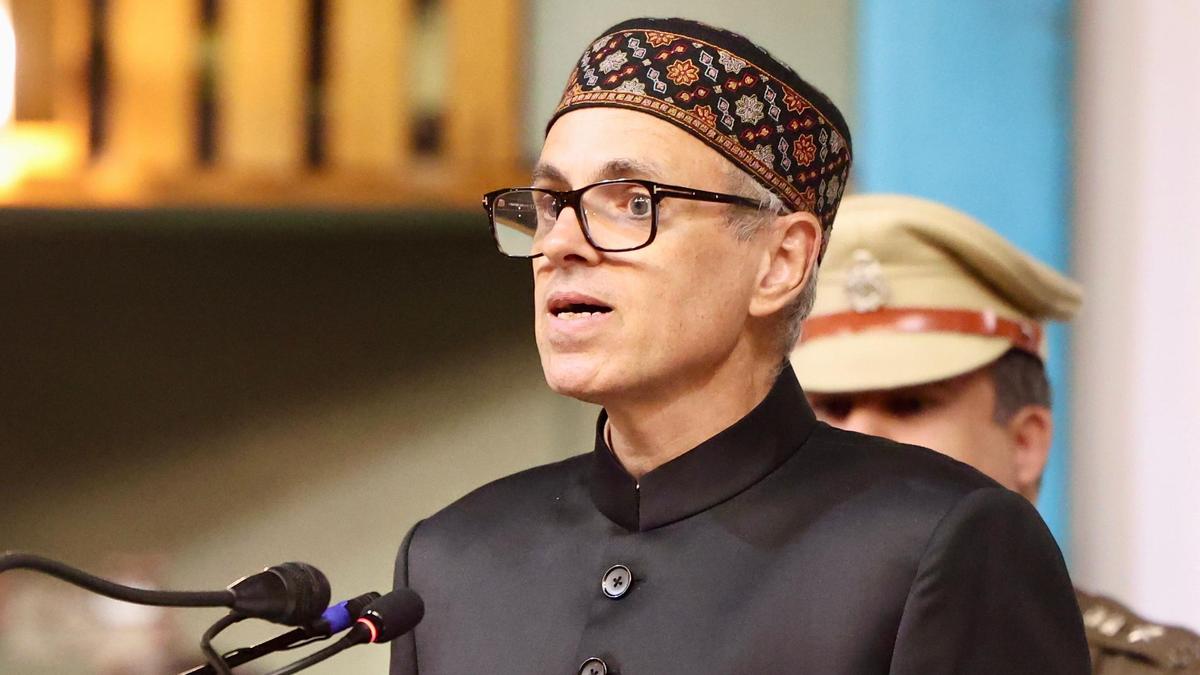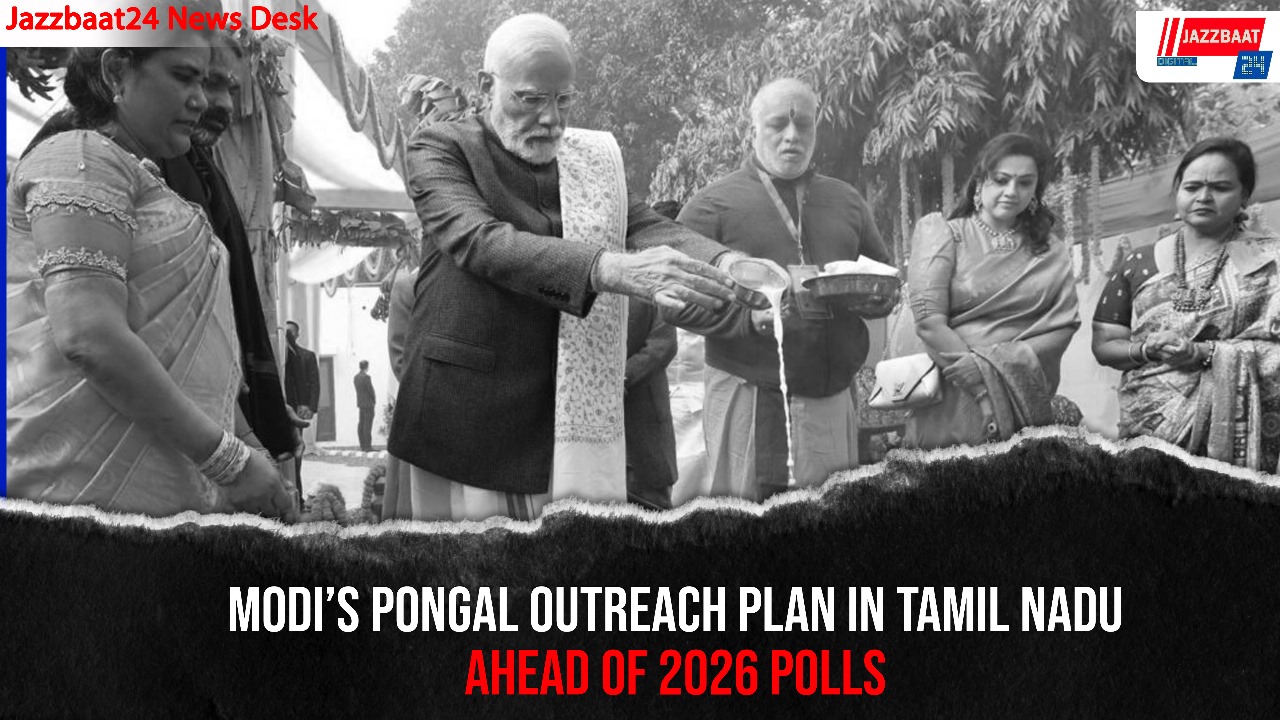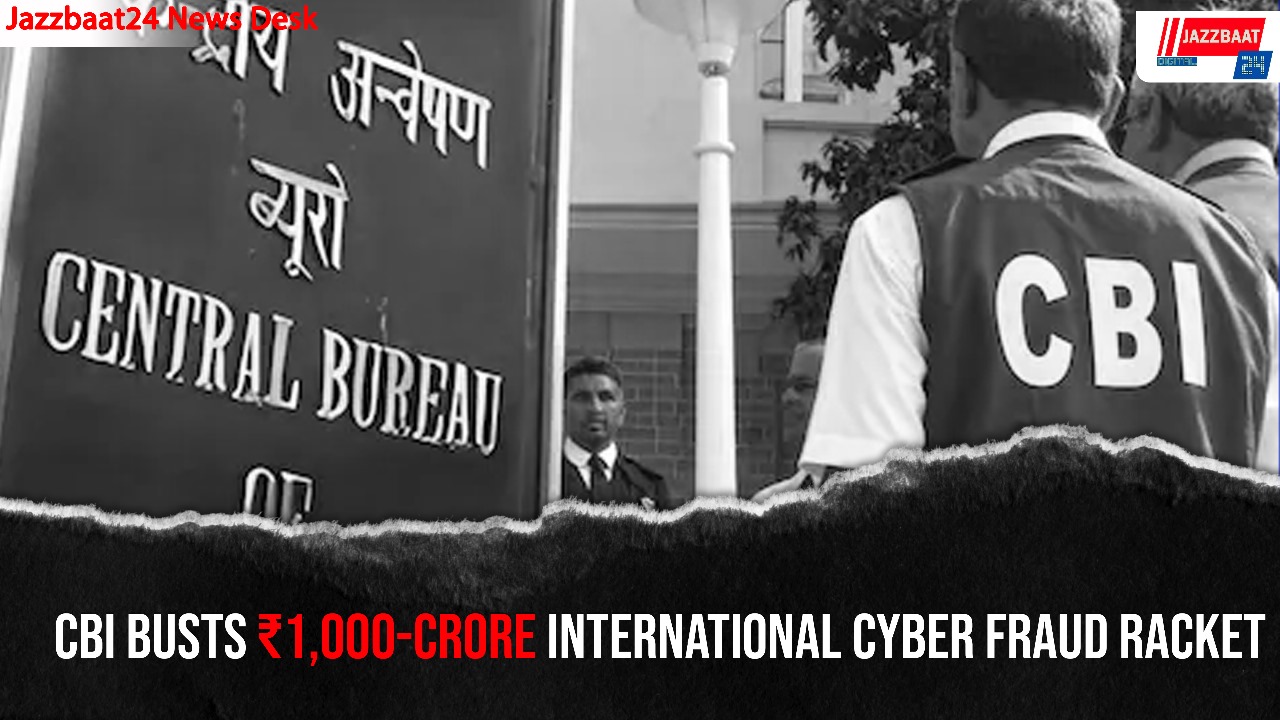Reiterating the promise made to the people during the elections, Jammu and Kashmir Chief Minister Omar Abdullah made it clear that now is the right time to restore the full statehood of the state.
Addressing the media after inaugurating an important bridge over the Romeshi river in Rohmu village of South Kashmir's Pulwama district, he said, "Statehood is not our ultimate goal, but it is the first step through which we can start the process of restoring what we have lost in the last six-seven years."
He said the people's verdict was in favour of restoring their dignity and preserving their distinct identity. "I still believe that very soon Jammu and Kashmir will regain its statehood," he said.
He reminded that almost six months have passed since the assembly elections were held, and now the Centre should restore the statehood without further delay.
Recently, Union Home Minister Amit Shah visited Jammu and Srinagar. Omar said that he had a personal meeting with him during that visit. “I had a separate meeting with him and it was very positive,” he said.
Omar Abdullah also opened up about the ongoing debate on the Waqf Bill. He clarified that the bill was passed by the Indian Parliament, not the Jammu and Kashmir government.
“A wrong procedure was followed while opposing it in the Assembly. They moved an adjournment motion, which is basically used to discuss the functioning of the government. This is not a proper way to challenge a central law,” Omar said.
He added, “Even if that motion had been passed, how could the Jammu and Kashmir government have responded to a law that they did not make?”
He added that the National Conference has already filed a writ petition in the Supreme Court to continue the agitation through legal channels and is now awaiting the court’s verdict.
Addressing party workers, Omar Abdullah said, “There is a huge difference between a state and a union territory. The chief minister of a state has the power to take decisions independently, which is not the case in a union territory.”
He alleged that almost every initiative he takes is being obstructed. “Can’t our government take legal decisions? Will our hands and feet be tied in hiring local workers?” he asked.
He cited the example of Himachal Pradesh, where it is mandatory to hire at least 70% local workers in factories. If the law is violated, the property of the industrial establishments there is confiscated.
“If that rule is legal and effective in Himachal, then why should it not be applicable in Jammu and Kashmir? Don’t the people here have the right to jobs or work in factories created in their own region?” Omar said.
He announced that a law would be brought in the state that would give priority to local youth in employment.
He also stressed that the locals should have the right to own rivers, sand and natural resources. “Why shouldn’t we have the right to the resources of our own area?” Omar Abdullah clarified his position by raising this question.
Through this speech and statement, he made it clear that his party will take an uncompromising stand on the future of Jammu and Kashmir and they will continue to fight for the interests of the state through all constitutional and political means.





